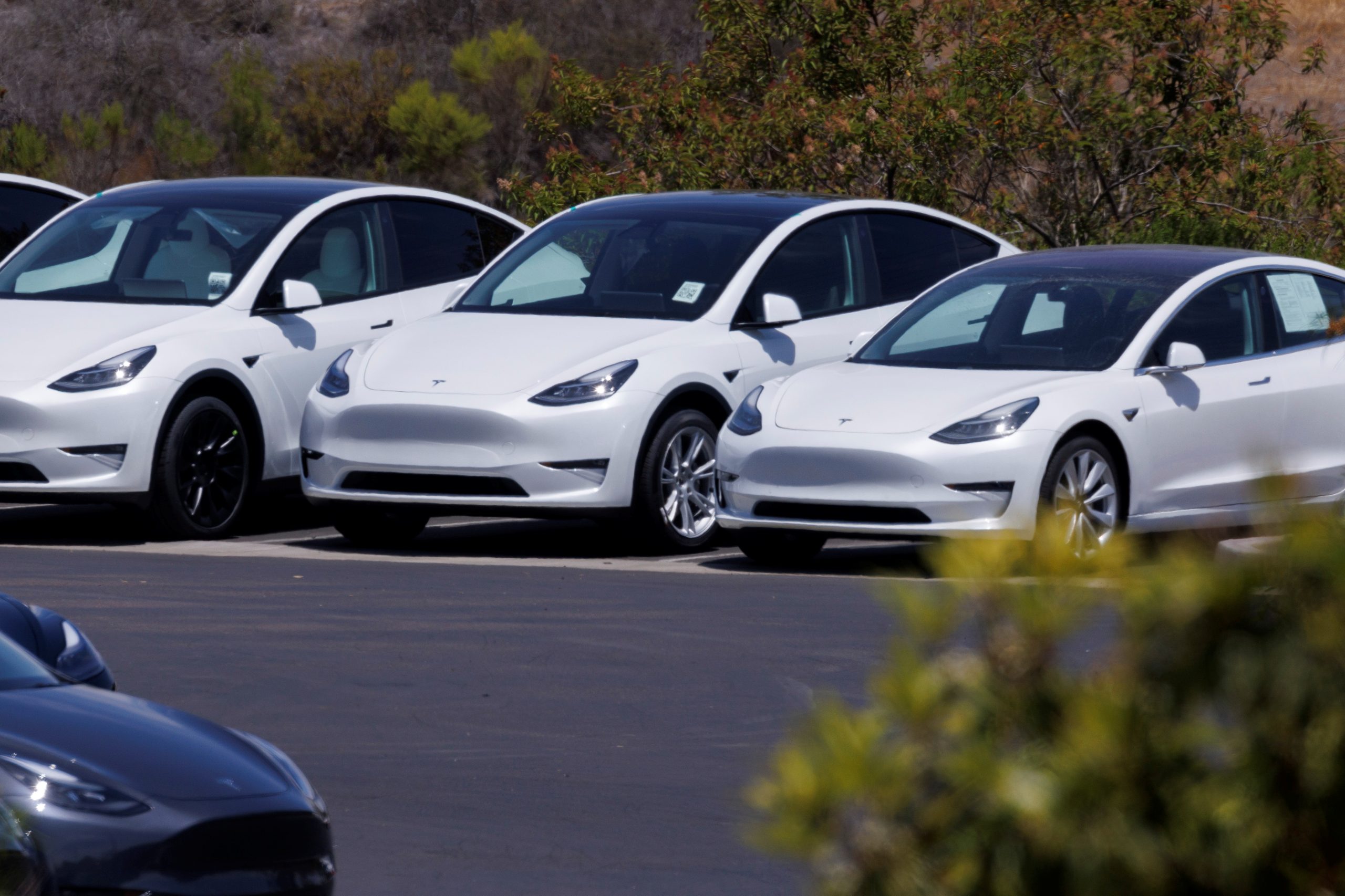Ohio Senator JD Vance, supported by Donald Trump, proposes replacing the $7,500 federal EV tax credit with incentives for gas and diesel cars, aiming to reduce EV adoption despite Elon Musk’s surprising support for ending EV incentives.
JD Vance’s Proposal to Replace EV Tax Credit Sparks Debate Amidst Trump Campaign Integration
According to the report of PC Mag, Ohio Senator JD Vance, now running as Donald Trump‘s vice presidential candidate, stirred controversy with his recent proposal regarding electric vehicles. He suggested replacing the current $7,500 federal tax credit for EVs with incentives for traditional gas and diesel cars. This proposal is seen as a move to slow down the adoption of EVs, aligning with Trump’s stance to reverse some of Biden’s EV policies if elected. Critics argue that eliminating the EV tax credit could hinder efforts to reduce pollution and discourage the shift towards cleaner technologies.
Elon Musk, Tesla’s founder, surprisingly supports ending EV incentives, even though Tesla has relied on them in the past. Musk’s support could benefit Tesla by removing incentives that other car companies also use. This is different from Tesla’s past, where they used the tax credit to boost sales, even as Tesla’s delivery numbers went up and down and they struggled to stay qualified for the credit.
READ ALSO: $825,000 Settlement: Lewis County Residents Can Claim Up To $2 Per Unit For Earth-Rated Compostable Poop Bag Misrepresentation

$7,500 EV Tax Credit Under Fire: Ohio Senator JD Vance’s Proposal Sparks Controversy in US Politics (PHOTO: Quartz)
2024 Election Impact – Debate Over EV Incentives Divides Voters and Shapes Car Industry Future
This debate affects the car industry and environmental policies as the 2024 election gets closer. Vance and Trump might win over voters who don’t like EV incentives, but it could also divide opinions on climate change and what’s most important for the economy. With the election coming, everyone is watching to see what happens to EV incentives and how it will change the car industry.

















































